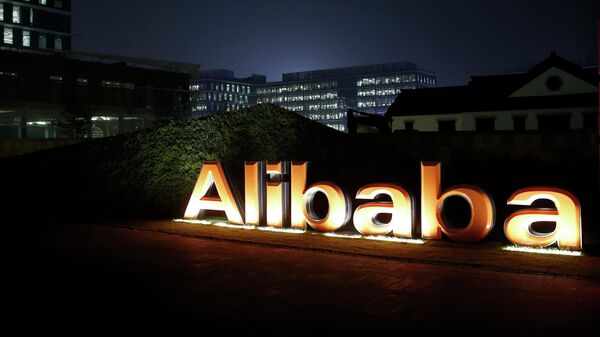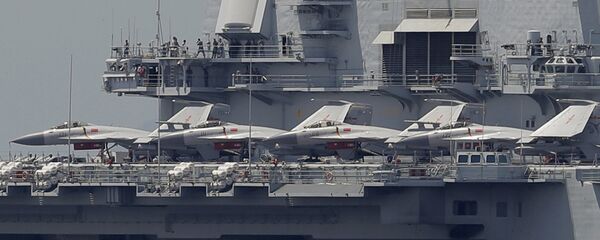The annual sales event brought Alibaba an estimated $30.7 billion in orders on Sunday, 27 percent more than the previous year.
Initiated 10 years ago, the annual sale has been a success, returning increasing growth every year. This year's drop is seen by experts as worrisome, marking uncertainty amid a slowing economy and an ongoing trade war with the US.
Singles Day began as an unofficial day for China's unmarrieds, and Alibaba capitalized on the idea by turning it into a major shopping event, similar to Black Friday sales in the US that take place late in November.
The idea has been successful, largely due to growing one-click smartphone payments in China, according to Reuters.
Earlier this month, Alibaba lowered its full-year revenue forecast, citing consumer uncertainty. Company officials, however, remain optimistic pushing for new initiatives, including overseas expansion.
Hema, a grocery store launched by Alibaba in 2015 and a new retail flagship, allows customers to shop and dine in-store, as well as order groceries online.
"I think you have to understand Alibaba and what Alibaba is doing in the context of the long-term secular trend that's developing in China, which is the rise of the Chinese middle class," Alibaba executive vice chairman Joe Tsai said at a promotional event.
"That trend is not going to stop, trade war or no trade war," he said, according to Reuters.




